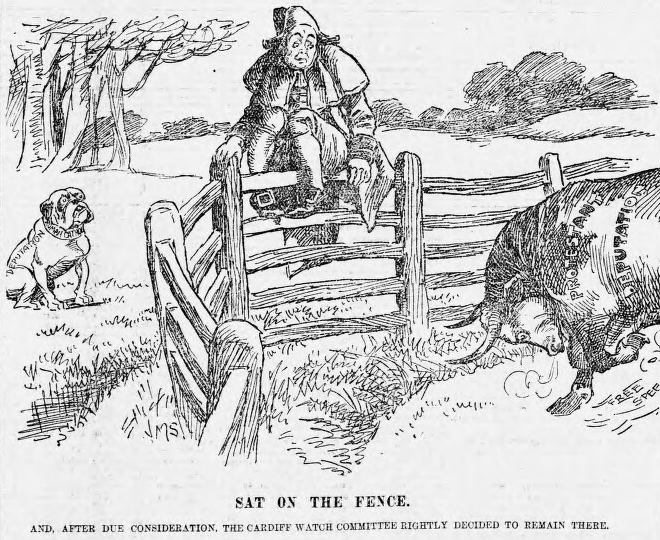watch committee on:
[Wikipedia]
[Google]
[Amazon]
 In England and Wales, watch committees were the
In England and Wales, watch committees were the
 In England and Wales, watch committees were the
In England and Wales, watch committees were the local government
Local government is a generic term for the lowest tiers of public administration within a particular sovereign state. This particular usage of the word government refers specifically to a level of administration that is both geographically-lo ...
bodies which oversaw policing from 1835 until, in some areas, 1968.
Establishment
The Municipal Corporations Act 1835 required each borough to establish a "watch committee" and to appointconstable
A constable is a person holding a particular office, most commonly in criminal law enforcement. The office of constable can vary significantly in different jurisdictions. A constable is commonly the rank of an officer within the police. Other peop ...
s to 'preserve the peace'.
Disestablishment
From 1889 counties switched to using "standing joint committees" which also hadmagistrate
The term magistrate is used in a variety of systems of governments and laws to refer to a civilian officer who administers the law. In ancient Rome, a ''magistratus'' was one of the highest ranking government officers, and possessed both judici ...
s among their members. For police forces working within a single borough, watch committees were retained.
The Police Act 1964 replaced both sets of bodies with police authorities, comprising two-thirds elected members of county or borough council
A council is a group of people who come together to consult, deliberate, or make decisions. A council may function as a legislature, especially at a town, city or county/shire level, but most legislative bodies at the state/provincial or nati ...
s, and one-third magistrates.
References
{{Reflist * Municipal Corporations Act 1835 * Police Act 1964 Law enforcement in England and Wales Local government in England Local government in Wales